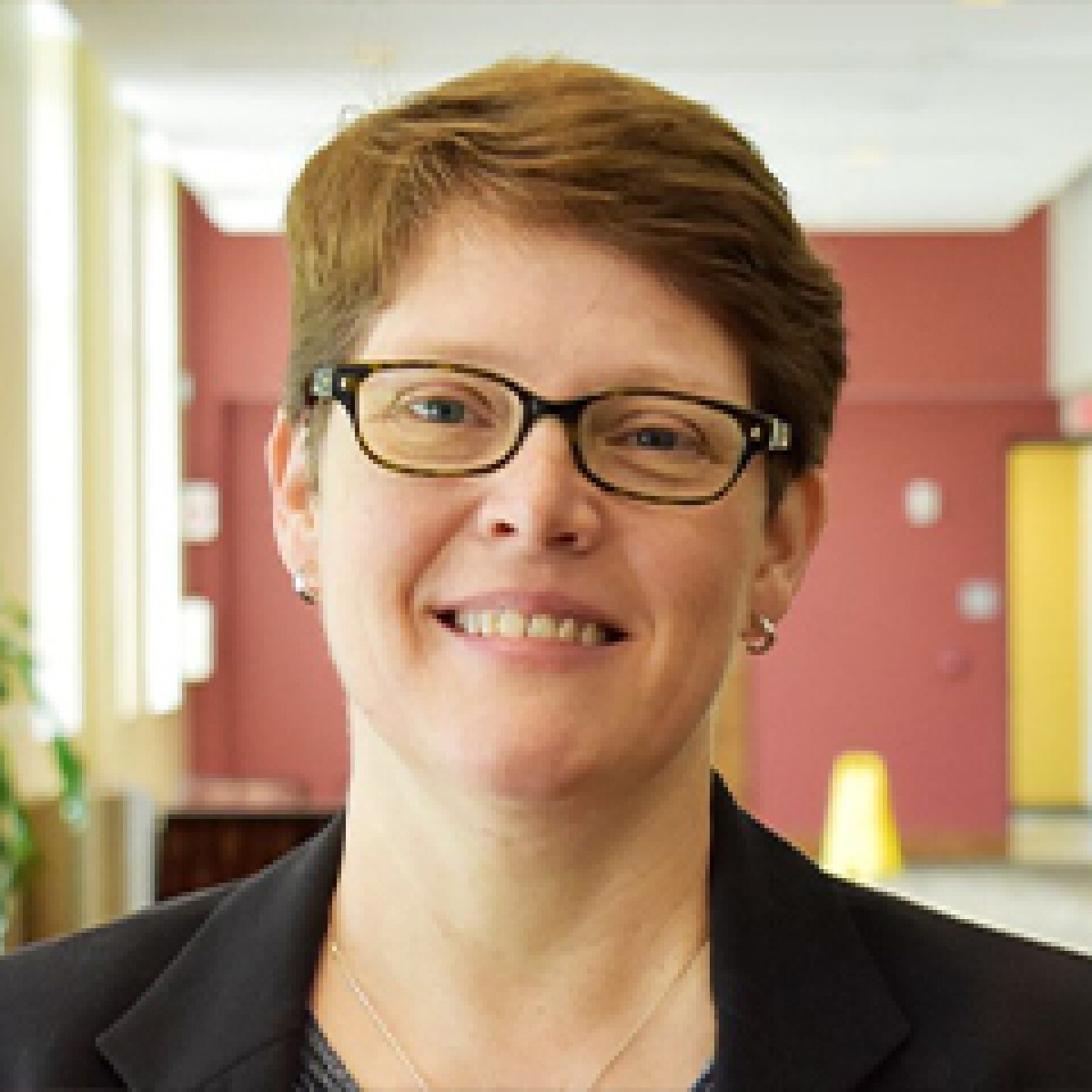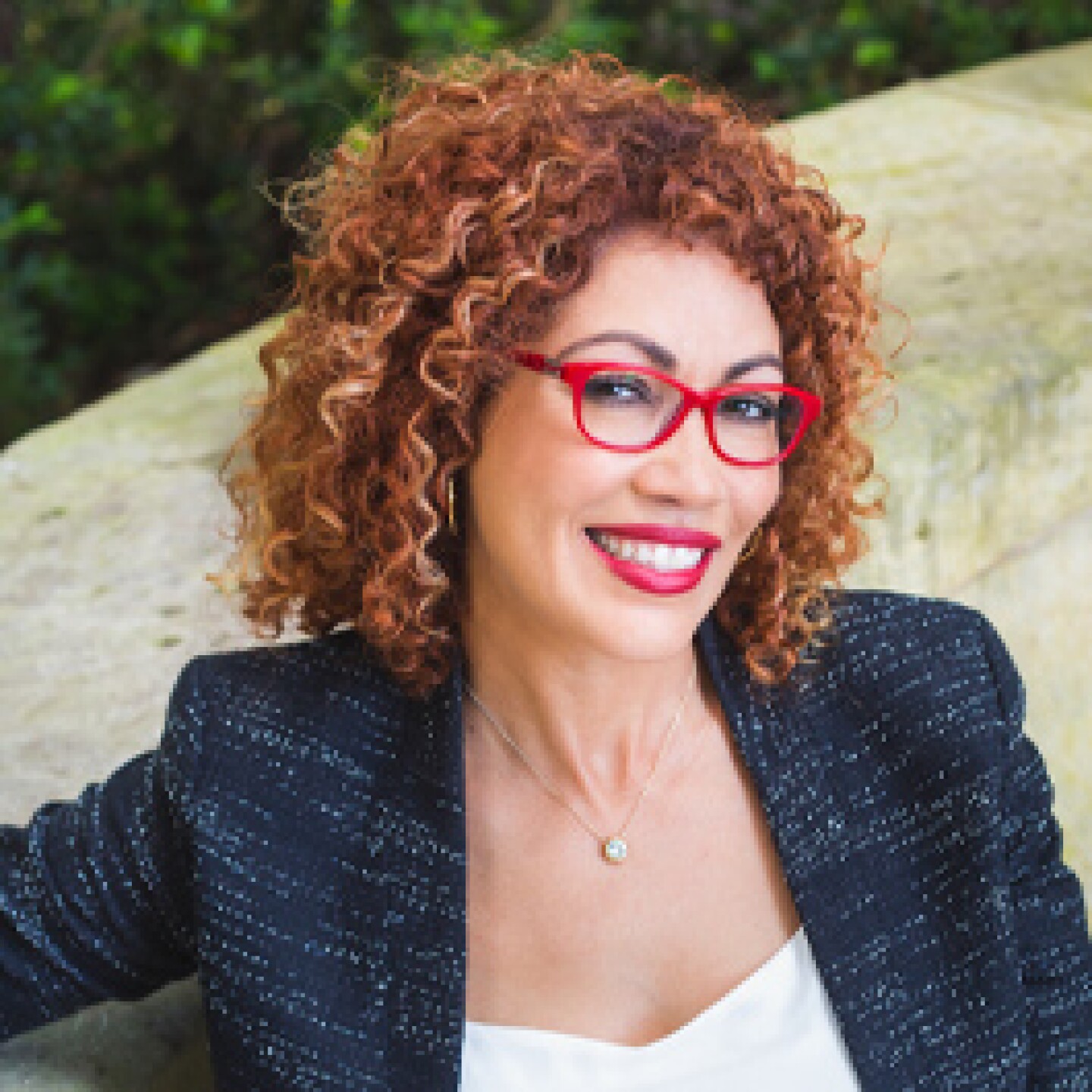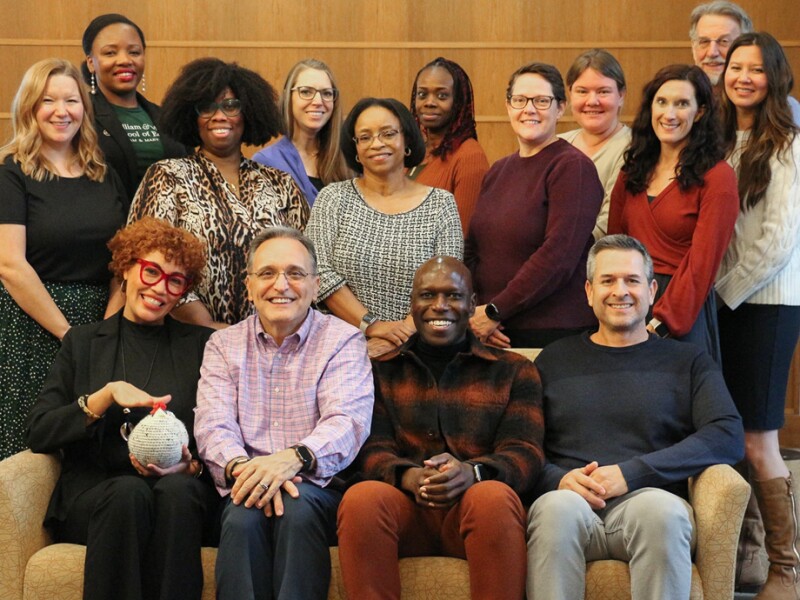Shaping Impactful Counselors and Educators with a Dynamic Online Learning Experience
The faculty and leaders of our Online Master of Education (M.Ed.) in Counseling program cherish the idea of community and believe firmly in preparing future counselors to be mindful of cultural diversity and champions of social justice. Their hope is that every graduate of the online counseling programs will embody these characteristics and implement them in every aspect of their future work.
To aid in these endeavors, faculty members have designed an online student experience for the respective programs that invites participants from across the nation to collaborate with their instructors—and each other—and engage in an immersive learning experience that aligns coursework with personal and professional objectives.
W&M Libraries
Ranked #3 among the nation’s best school libraries,1 the W&M Libraries provide a myriad of electronic sources for online students. From digital databases and academic journals to research guides and bibliography tools, the W&M Libraries help to ensure that you have access to extensive and authoritative materials that can simplify and improve your research and study efforts. Plus, when you have a moment for more leisurely browsing, the library offers online exhibits of various mixed media, including posters, murals, books, letters and more.
A Student’s Perspective
William & Mary Online M.Ed. in Counseling students Mariah Gavano and Susie Hawes share their own personal experiences as online counseling students. Watch their videos below.
Prepare to Serve Others as a Licensed Counselor
William & Mary's CACREP-accredited online counseling programs emphasize social justice and cultural responsiveness while preparing you for licensure. Study with attentive faculty mentorship through our flexible online format. Choose the specialized educational path that fits with your professional goals and learn to create positive transformation—one client at a time.
Download our guide to learn more about:
✓ The Online M.Ed. in Counseling program
✓ Paths to licensure
✓ The career outlook for counselors
✓ Faculty in the Online M.Ed. in Counseling program
✓ Admission requirements
✓ The online student experience
This will only take a moment.

Meet Noelle St. Germain-Sehr, Your Clinical Experience Director
Noelle St. Germain-Sehr is your dedicated resource for clinical practicum and internship placements. In addition to helping you prepare for your placements with orientation sessions, detailed manuals and one-on-one meetings, she ensures that all sites and supervisors meet program and CACREP standards. She is available by email and phone for questions or consultation at any point in the clinical experience placement process.
Dr. St. Germain-Sehr is a Licensed Professional Counselor (LPC), LPC supervisor (LPCS) and National Certified Counselor (NCC) with more than 20 years of experience counseling individuals and groups. She holds a Ph.D. in Counselor Education and Supervision.
Get to Know the Student Ambassador Program
In this unique opportunity, students take the lead in engaging their peers in building a community. Initiatives include meetings for students to:
- Practice their counseling skills with their peers
- Share tips about internship experiences
- Connect with veterans on military-related topics
- Expand their professional networks

Dr. Solomon is a licensed mental health counselor in the state of Florida, a national certified counselor, a qualified supervisor in mental health counseling, a Gottman Seven Principles Program Educator, and a Mindful Self-Compassion Trainer.
Your Real-World Impact Begins Online
Follow the Leader—And Become One Yourself
Advocate for a More Just Tomorrow
Interested in Our Online Programs?
- Retrieved on November 13 2025, from princetonreview.com/college-rankings?rankings=best-college-library




